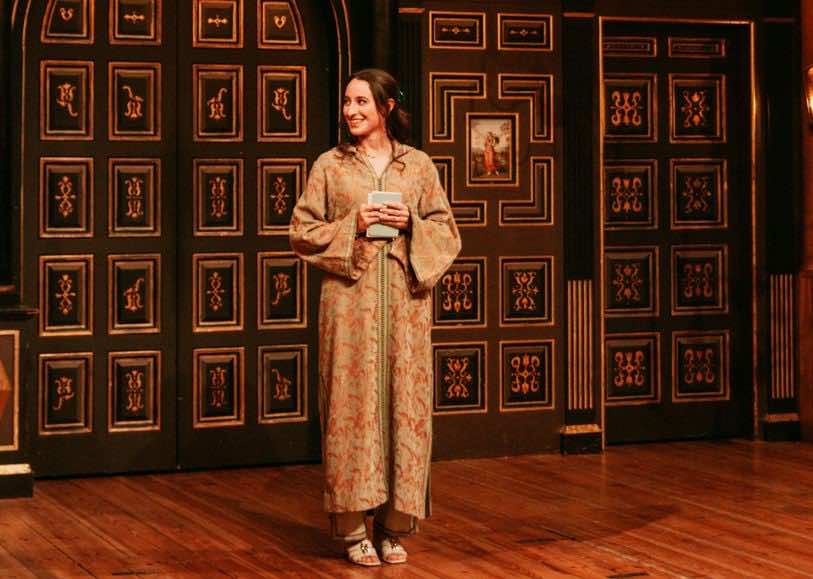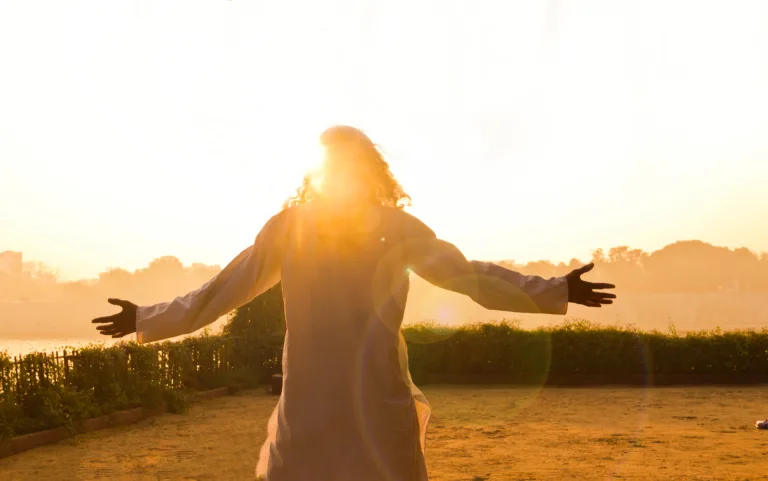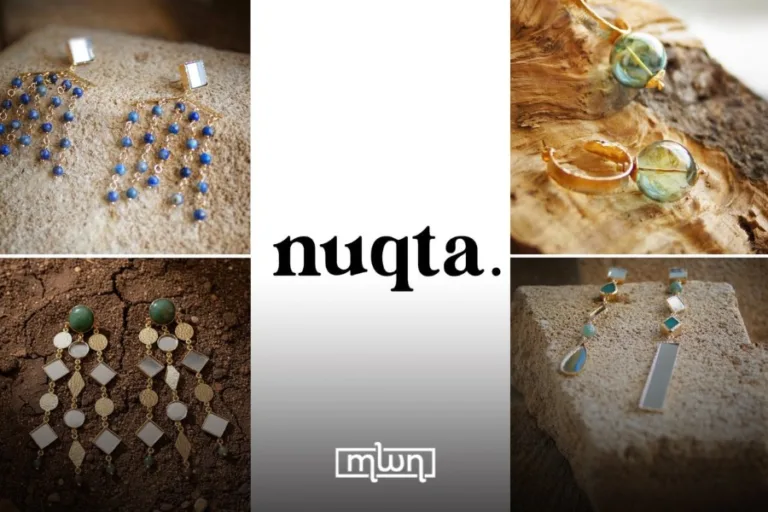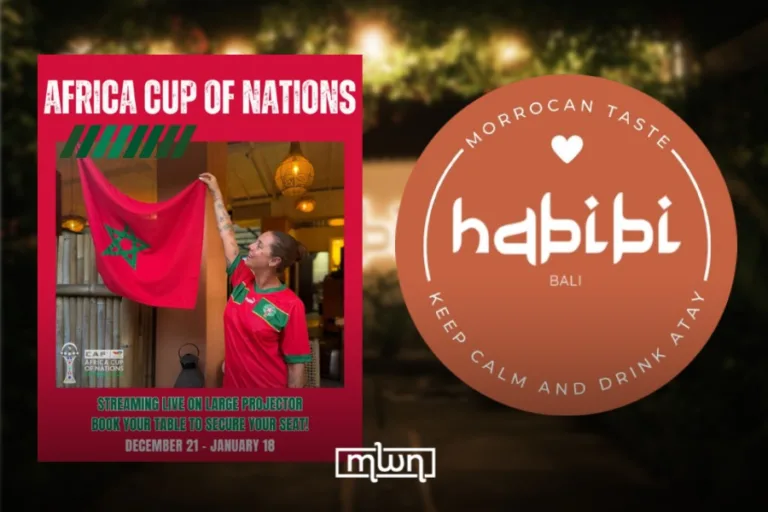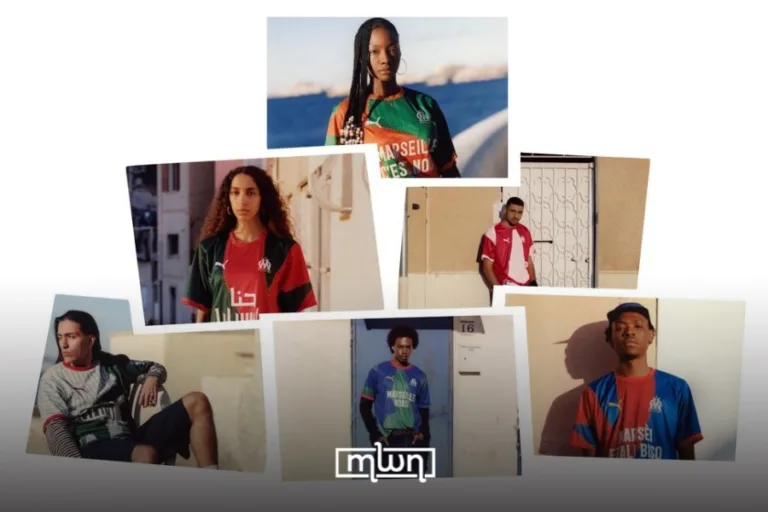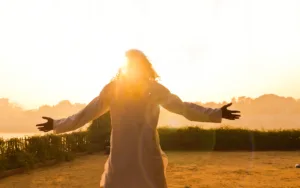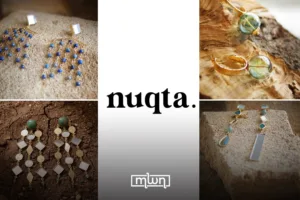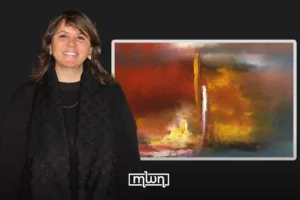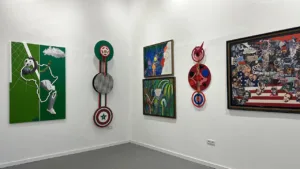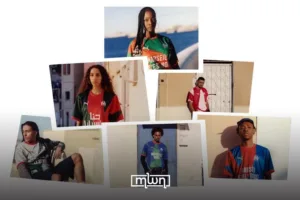London – This month one of London’s most prestigious theaters, Shakespeare’s Globe, opened its doors to a night called Deen and Dunya – created by Azan Ahmed. Deen and Dunya is an event to celebrate muslim artists and their voices – showcasing spoken word, storytelling and poetry. This was the evening’s first debut at The Globe Theatre, with the theme being 1001 Arabian Nights in collaboration with Tamasha Theatre Company, as a response to their upcoming show Hakawatis.
The Globe Theatre in London, was opened in 1997 by the late Queen Elizabeth II. The venue is a cornerstone of English Theatre, built in association with William Shakespeare and acting as a landmark to theater history. The venue is well known for its Shakespeare plays, prestige and reputation, therefore to have an event showcasing MENA and Muslim stories here, is a huge achievement.

The Sam Wanamaker Playhouse hosted an evening of six female Muslim artists, sharing their stories and poetry. However, as a Moroccan artist, what made this event even more special is I was one of three Moroccan performers to share that stage. The Moroccan representation read:
Safia Lamrani, British / Moroccan (Tangier) actor and writer; Nadia Nadif, Moroccan (Casablanca) / English & Irish actor, and filmmaker; Laila Alj, Moroccan (Casablanca) actor, writer and producer.
We all shared our work on stage – celebrating Moroccan culture, tradition, stories and joy. Speaking after the show, we discussed why this evening was an important step in Moroccan representation, why we chose our pieces to share, and our experiences as Moroccans in London theater so far.
All our performances shared the sense of family – through stories and poetry we celebrated our familial relationships and shone light on their nuances. Laila’s piece was “about my grandmother and the stories she told us growing up. Coming to terms with her passing away and finding these poems she has written – getting to know a whole different facet of her”. Nadia’s piece also explored her relationship to her father and grandmother, which she states “it explains my relationships to them as well as to my faith”. I wrote and shared a piece dedicated to my father, exploring how growing up with stories of Moroccan folklore encouraged a sense of belonging and richness of tradition.

This event for all of us, marked the first time we had performed in a London theater with other Moroccan women on stage – sharing stories and art that celebrated our culture. The Globe Theatre was the perfect setting. As Laila articulates “Shakespeare is peppered with Morocco and Moroccan characters. There is definitely a place for us there and it was a pleasure to perform”. The candlelit setting, sold out audience, and engaging and supportive hosting lent itself to an unforgettable evening for performers and audience members alike.
What made this evening stand out for me, was the centering of stories of love, joy and celebration. I spoke with Nadia on her experiences with Moroccan roles in London theater, and she shared “That’s the first piece that I’ve written for theater that explores being a Moroccan artist. I’ve had maybe two auditions before with Moroccan female characters in seventeen years […] it’s not something we see very much and I felt lucky to be part of the night with Laila and Safia’s pieces too […] (Moroccan characters) are starting to be explored more but it’s unfortunately more traumatic storylines, so it’s nice to see the joy too”.
There was certainly a sense of warmth that night. The audience were engaged from start to finish and the support and love shared across all cultures was clear. To be part of such a pivotal event, celebrating Muslim artists, female artists, MENA artists and specifically Moroccan artists was an extraordinary feeling. Deen and Dunya is one of the events creating space and paving the way for greater representation in theater and is certainly doing it the right way.


